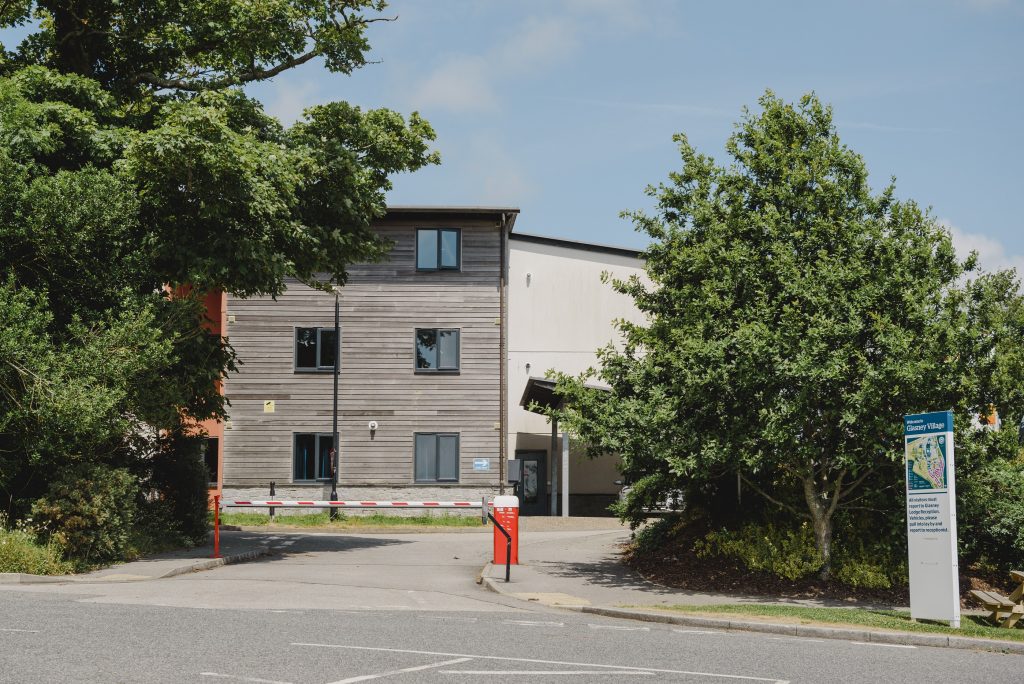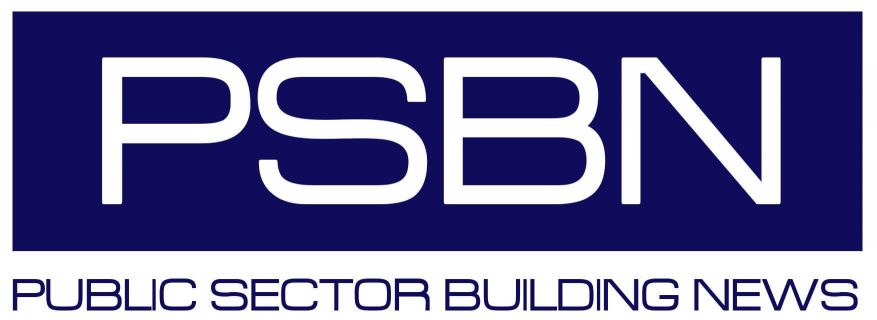Julie Barker, Non-Executive Director of CUBO and founder of Julie Barker Associates, takes a look at what is happening on university sites in the face of campus closures. How will these sites be protected?
We are working in challenging and fast-moving times and college and university campus services professionals are at the frontline, steering and managing the safe management of their premises and looking to ensure students that have to remain on campus (due to the fact they are unable to return home in the face of flight and border closures), are safe, and that their wellbeing is protected.
With the current COVID-19 outbreak still taking hold, no one quite knows what the next few months will bring. Right now, all uni’s are closed as instructed by the Government, with the exception of halls and catering areas that service those students still in residence in halls.
There is no question that for any international student who is self-isolating away from their families, it will be a difficult time. University res-life teams are working hard to put contingency plans in place and ensure that those in isolation or with no facilities who may well be experiencing stress and anxiousness over their situation, will be provided with a more comprehensive package to give them support and monitor their well-being.
Different arrangements will be available on different campuses dependant on site, factoring in student numbers still on site and the facilities available – for example, those with shared kitchens maybe expected to cater for themselves with just Res-life support structure to ensure they are okay and have someone to contact.

What this all means in reality is that front line staff, including security teams, catering staff, caretakers, Res-Life teams and facilities teams will now be the only staff on site with the exception of some essential research – e.g. medical but even then it will be only key staff by arrangement.
And, as a result, academic buildings will have been secured fully with security patrols and CCTV monitoring. In the majority of cases, halls and supporting areas will be the only areas open and inevitably, these will be closely monitored.
Student and staff wellbeing and safeguarding are linked in with security and access control. For example, many universities are currently looking carefully at how they manage campuses and actively monitoring who comes on site and who is on site – CCTV and the use of smart card systems in order that they can understand what is happening and activity on campus.
This approach doesn’t have to be costly or complex, and can provide valuable audit trails for staff, student and visitor movement. Right now, it has become a security imperative!
In some ways the securing of the buildings is no different to that which is done over Christmas period. The difference with this situation is not only ensuring the site is secure, and remains secure in changing circumstances, but in ensuring regular comms with those on site, being able to provide for them and have the resources within the team to do it.
We are all into unchartered territory and inevitably, there will be learnings to take away from this national crisis both across emergency preparedness (no emergency plan would have covered the truly exceptional circumstances we all find ourselves in today) and procedures and processes that impact on the front lines.
There are many unknown quantities with the current situation but front line staff are absolute heroes and are working hard to respond to the changing situation as it evolves on a daily basis.



